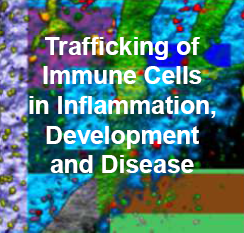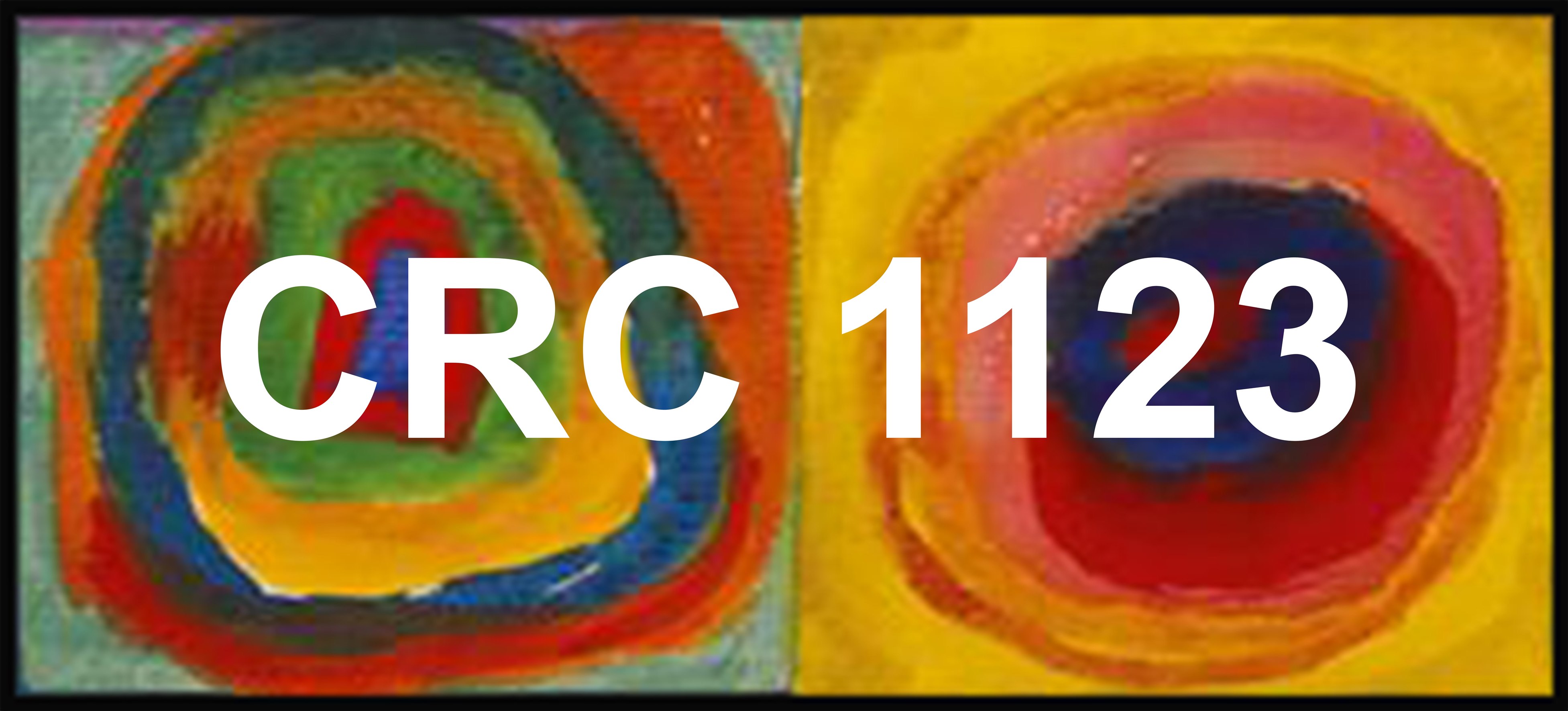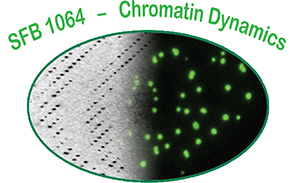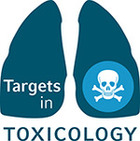Doctoral projects
Different doctoral projects are posted on the LMU and hospital homepage and on the DoktaBörse.
The DoktaMed is a great anual event to learn more about doctoral projects at our faculty.
Additional programs that offer doctoral projects:
clinical pharmacy
The doctoral programme Clinical Pharmacy is an interdisciplinary institution at the university hospital of LMU Munich. Research projects of this programme intend to improve safety in drug therapy and aim to make a significant contribution to increase patient safety in the treatment of a wide variety of medical conditions. A further focus is to extend the scientific data in the field of applied clinical pharmacy.
SFB 914
Studying the signals that navigate leukocytes within the vascular system and between different compartments on the cellular and molecular level is the main focus of the SFB 914. This requires a broad metholodological spectrum ranging from molecular and cellular biology tools and physiological in vivo approaches to complex bio-imaging applications.
SFB 1123
The main focus of the Collaborative Research Center (CRC) 1123 Atherosclerosis – Mechanisms and Networks of Novel Therapeutic Targets is to study in-depth the molecular networks in atherogenesis, atheroprogression and atherothrombosis as the pathological sequence underlying coronary artery disease, in order to identify and verify novel targets for treating atherosclerosis. With this aim in mind, our CRC brings together researchers of different disciplines, institutions and universities in Munich.
SFB 1064
The SFB 1064 focuses on fundamental aspects of chromatin dynamics. It aims at understanding principles and mechanisms that endow chromatin organisation with diversity, flexibility and plasticity to respond to environmental and developmental cues. CRC research strives for an integrated understanding of chromatin structure and function from atomic resolution, via molecular interactions and mechanism to finally reach the microscopically resolvable structures of nuclei in physiological settings.
SFB 1054
The SFB 1054 will explore control and plasticity of cell-fate decisions in the immune system, identify input signals that determine stability and flexibility of differentiation, and characterize the molecular basis for how these signals are decoded.
POKAL
The Research Training Group "Predictors and Clinical Outcomes of Depressive Disorders in Primary Care (POKAL)" (GRK 2621) is concerned with the means by which depression in old age can be detected and treated earlier and more reliably in primary care. The DFG is funding this novel research and training program at the Munich universities of excellence LMU and TUM.
GRK 2338
The Research Training Group “Targets in Toxicology - Deciphering Therapeutic Targets in Lung Toxicology” is a newly founded structured Ph.D. program which brings together twelve research partners in the Munich region. Principal investigators from the LMU Munich, Helmholtz Zentrum München, Technische Universität München, and the Bundeswehr Institute of Pharmacology and Toxicology have teamed up to acquire an in-depth mechanistic understanding of toxic lung injury and to develop the new concept of “precision toxicology” in acute and chronic toxic lung injury.
MvPI Infection research
Das Max von Pettenkofer-Institut (MvPI) der LMU bietet unter dem Dach der MMRS ein neues strukturiertes internationales Promotionsprogramm (ab Wintersemester 2019/2020) mit dem Namen "Infection Research on Human Pathogens@MvPI an. Dieses Promotionsprogramm kombiniert die Bearbeitung eines individuellen Promotionsprojekts (Doktorarbeit) aus dem Bereich Infektionsforschung (mit Schwerpunkten aus Mikrobiologie/bakterielle Pathogene, Mikrobiotaforschung, Virologie und Infektionsimmunologie) mit programmspezifischen Rahmenveranstaltungen zur Vertiefung und umfassenden thematischen Abrundung in zentralen und aktuellen Themen der Infektionsforschung sowie weiteren praktischen Kursen und Angeboten zu transferable Skills.
T-OP: Training Network for Optimizing Adoptive T cell Therapy of Cancer
Over the last years, immunotherapy – using a patient’s own immune system to fight tumours – has emerged as an important complement to standard treatments. Adoptive T cell therapy (ACT), the collectioin and transformation of the patient’s own T cells to treat cancer. T-OP targets a pioneering research question: how do cytokines influence the therapeutic outcome of ACT products? T-OP brings together interdisciplinary and cross-sectorial teams spanning large and small-sized companies as well as experts in different aspects of cell therapy, immunology, protein engineering and bioinformatics. T-OP will train by research 15 Early Stage Researchers (ESR), enabling them to develop efficient therapeutic solutions and to tackle economic opportunities.
FöFoLe
Das Ziel ist die Ausbildung von Studierenden der Medizin und Zahnmedizin zur Forschung in der Medizin. Dieses Programm wurde erstmalig im Juli 2001 installiert und fördert die Ausbildung (18 Monate) von besonders begabten und wissenschaftlich interessierten Studierenden der Human- und Zahnmedizin zur Forschung in der Medizin. Es werden ca. 42 Studenten für die Dauer von 18 Monaten zugelassen.








